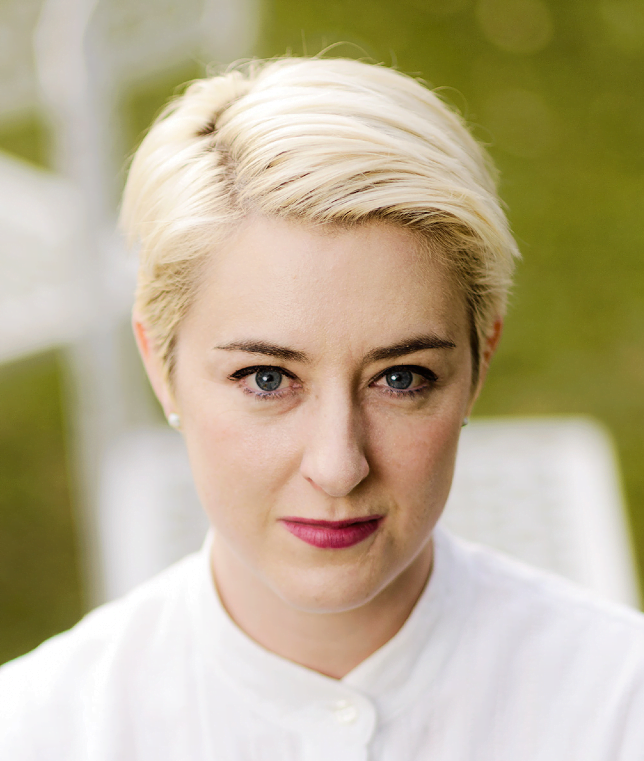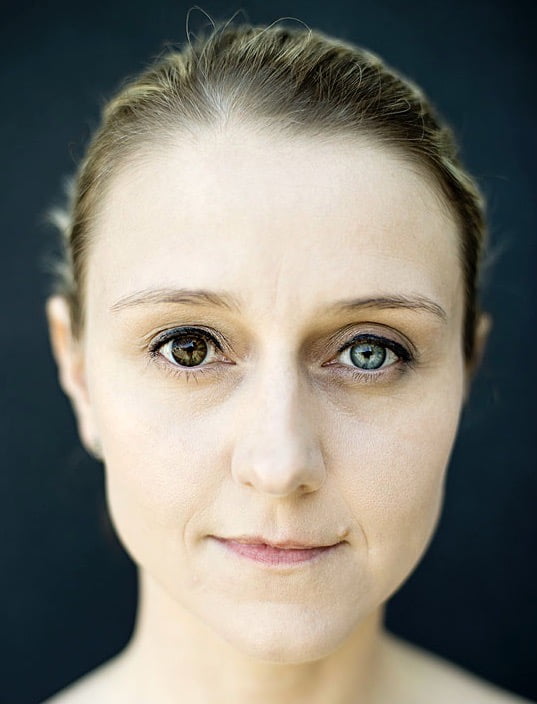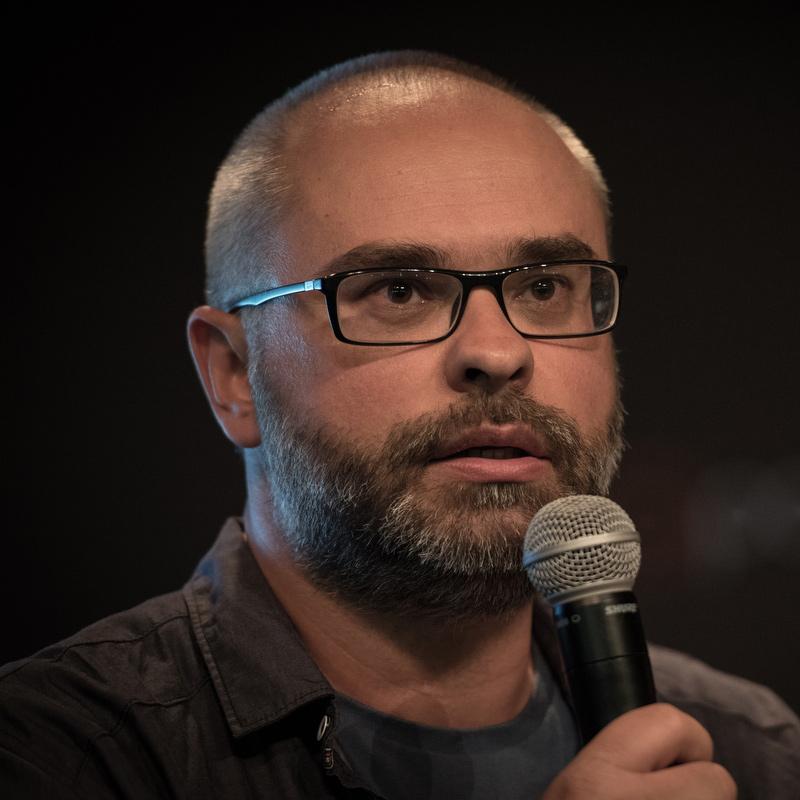spectators from
all over the world
artists from
46 countries
festival
events
theater
groups
27th International Shakespeare Festival
Productions from Spain, Ukraine, Belgium, France, the United Kingdom and Poland can be seen within the framework of the 27th international Shakespeare Festival. The programme includes a production by the legendary Peter Brook, the Polish premiere by the international, inter-disciplinary artistic collective Needcompany, a flamenco show (namely a Spanish “Hamlet”), a fifteen-minute synthetic opera performed by the Łódź Kaliska group, a meditational literary feast with a great star of world cinema, Charlotte Rampling, in the leading role, and many accompanying events.
Preparations for the 27th international Shakespeare Festival have been taking place in the shadow of the war in Ukraine, which did not manage to be seen on our theatre stages during the last edition of the Festival. This year, we have in the background not only the war in Ukraine but also bloody protests in Iran, the football World Cup paid for in the blood of thousands of innocent people and the muzzling of sportspersons fighting for human rights, and times of ever more difficult living conditions for the whole of Europe, in which inflation is galloping at a rate unknown since 1989. Problems connected with climate destruction can be felt ever more acutely on our own skins, even though we do not seem concerned about this on a daily basis. Fundamental individual rights are being broken in many countries while the world does not seem to be learning from its own mistakes and from the repeating mechanisms of history. A reflection of the current situation will be the motto drawn from “King Lear” by William Shakespeare: “The excellent foppery of the world”!
Previous editions







Curators
ShakespeareOFF
The Golden Yorick
Nowy Yorick
Plan Your Visit
Tickets
Contact: +48 58 351 0101 / bow@teatrszekspirowski.pl







